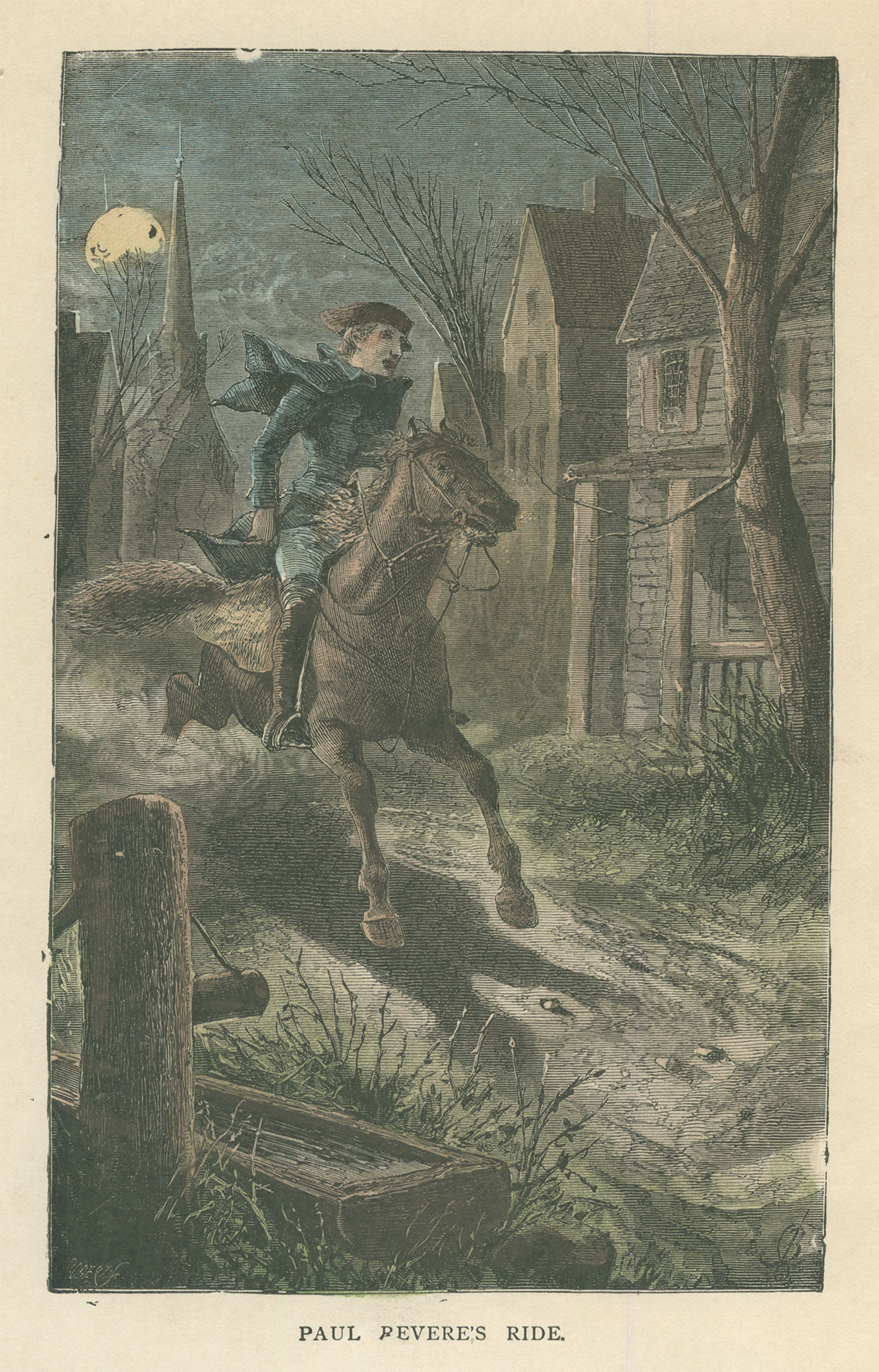Yes.
National poetry Month may be even more important when we’re avoiding other social interactions, poetry being a very intimate interaction that spans distances and time.
Plans for National Poetry Month 2020 were made months ago; the only difference will be cancellations of actual physical gatherings.
But, literature and history teachers, is there a topic better adapted for virtual learning than poetry?

The Academy of American Poets described it:
National Poetry Month was inaugurated by the Academy of American Poets in April 1996. Over the years, it has become the largest literary celebration in the world with schools, publishers, libraries, booksellers, and poets celebrating poetry’s vital place in our culture.
Join the celebration this April by listing your virtual readings and events, signing up for and displaying the official National Poetry Month poster, participating in Poem in Your Pocket Day on April 30, 2020 recommending the Dear Poet project to a young person, signing up to read a Poem-a-Day, and checking out 30 more ways to celebrate.
We hope National Poetry Month’s events and activities will inspire you to keep celebrating poetry all year long!
April’s a good month for poetry. I like using Longfellow’s “Paul Revere’s Ride” on April 18th or 19th in 10th and 11th grade history classes — sadly, most Texas students appear unfamiliar with the poem, which can help them on several key questions on the state test. It can be followed up with Emerson’s “Concord Hymn,” which contains a phrase they are required to know — but again, in a poem they are not taught otherwise.
And there are, or would be in a normal year, pending ceremonies of various types that demand poetry. Graduations, farewells, awards ceremonies, and more that cry out for just a few verses of poetry to put frosting on the cake, or gravy on the potatoes depending on which metaphor floats your particular watercraft.
Happy to see so much material out there for National Poetry Month. Where will you start?



 Posted by Ed Darrell
Posted by Ed Darrell 













































